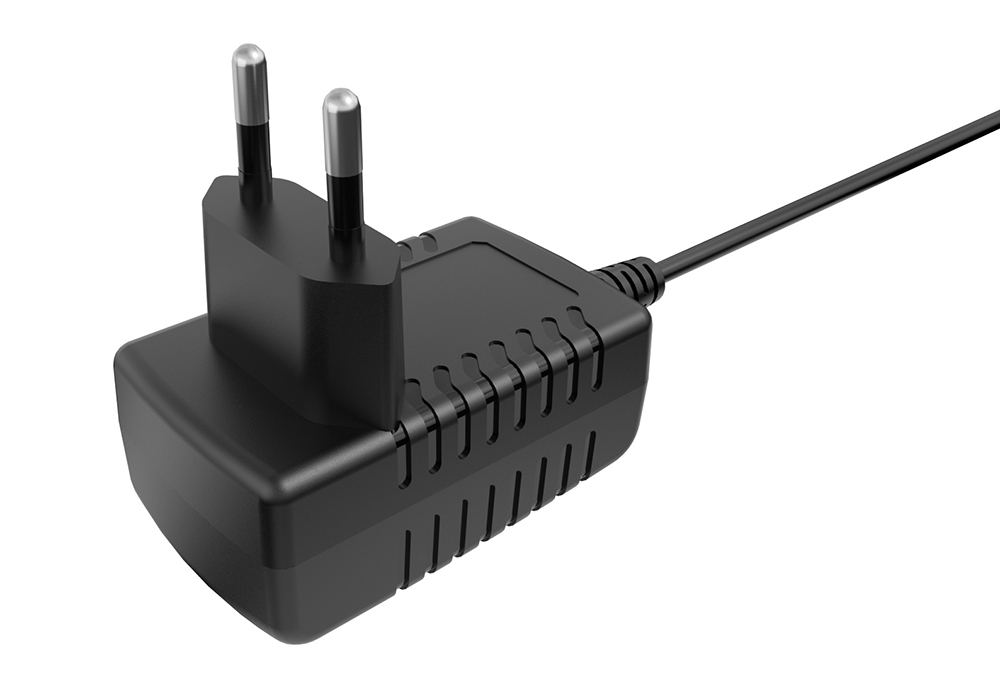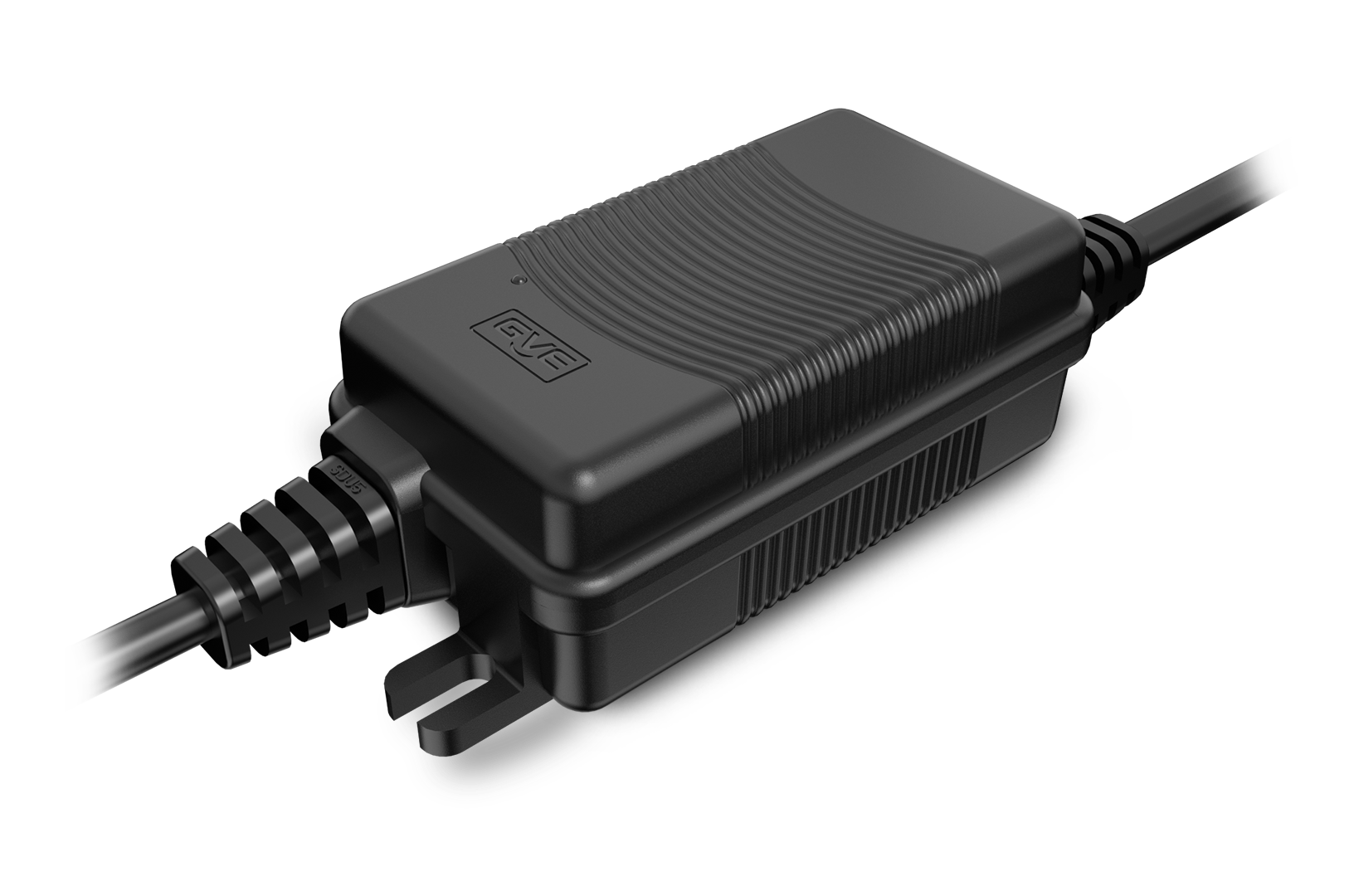Wall Mount vs. Desktop Power Adapters: Which One Is Right for You?
In our increasingly digital and interconnected world, we rely on a wide array of electronic devices to keep us connected, informed, and entertained. From laptops and smartphones to gaming consoles and routers, these devices require a steady supply of power to keep us productive and entertained.
Power adapters are an essential part of our daily lives, and choosing the right type can make a big difference in terms of convenience and efficiency. One of the key decisions to make when selecting a power adapter is whether to opt for a wall mount or a desktop version. Here we'll briefly list the differences between these two types of power adapters and help you decide which one is right for you.
Wall Mount Power Adapters
Wall mount power adapters are uniquely configured for mounting directly on a wall or power outlet. These adapters are commonly used to power devices that require a constant power supply and benefit from a fixed installation. Wall mount power adapters are known for their space-saving design, as they help declutter workspaces and reduce the risk of accidental disconnections. They often feature a sleek, unobtrusive appearance and can be installed securely on the wall, making them a practical choice for devices like security cameras, digital displays, and routers.
Advantages of Wall Mount Power Adapters
Space-Saving:
Wall mount power adapters are designed to be mounted directly on the wall or a power outlet. This can be a game-changer if you're dealing with limited desk or floor space. By mounting the adapter on the wall, you free up valuable space for other devices or decor.
Safety: Wall mount power adapters are less likely to be accidentally tripped over or pulled out of the socket. This can help prevent damage to both the adapter and the connected device, reducing the risk of power surges and interruptions.
Clean Aesthetic: Wall mount adapters often have a sleek and minimalist design that can enhance the overall look of your workspace. They blend seamlessly into the room, keeping cables and adapters out of sight and providing a clean and uncluttered appearance.
Consistency: With a wall mount adapter, the location of your power source is fixed and doesn't move. This can be especially useful for devices that require a constant power supply, such as routers, security cameras, and digital displays.
Desktop Power Adapters
Desktop power adapters are designed for powering a wide range of electronic equipment when placed on a flat surface, such as a desk or tabletop. They offer flexibility and easy access, allowing users to connect and disconnect devices without the need for wall mounting. Desktop power adapters are suitable for portable electronics like laptops, smartphones, and various gadgets due to their mobility. They often come with multiple ports and connectors to accommodate diverse devices and may include features like surge protection.
Advantages of Desktop Power Adapters
Portability:
Desktop power adapters are designed to be placed on a desk or any flat surface, providing you with the flexibility to move and position them as needed. This makes them ideal for devices like laptops, smartphones, and other portable electronics.
Easy Access: With a desktop adapter, you have easy access to the power source, allowing you to quickly plug in and unplug your devices without the need for any installation or wall mounting.
Compatibility: Many desktop power adapters come with multiple ports and connectors, making them suitable for various devices. They are also generally compatible with a wider range of devices due to their flexible nature.
Adaptability: Desktop adapters can easily accommodate different voltages and plug types, making them suitable for international travel or for use with devices from different regions.
Making Your Decision
The choice between a wall mount and a desktop power adapter depends on your specific needs and preferences. Here are some factors to consider when making your decision:
Space: Do you have limited desk or floor space? If so, a wall mount adapter might be the better choice.
Mobility: Do you need the flexibility to move your power source around? If yes, a desktop adapter is more suitable.
Device Compatibility: Consider the types of devices you'll be connecting and whether a particular adapter type supports them.
Installation Comfort: Are you comfortable with wall mounting, or do you prefer a plug-and-play solution?
Aesthetic Preferences: Think about how the adapter's design and placement align with your room's aesthetics.
Safety Concerns: Consider the risk of accidental disconnections or damage to the adapter and devices.
In conclusion, the choice between a wall mount and a desktop power adapter depends on your specific requirements, workspace setup, and device needs. Whether you go for a sleek wall mount solution or a versatile desktop adapter, prioritize functionality, aesthetics, and safety for a well-rounded power experience in your everyday life.


